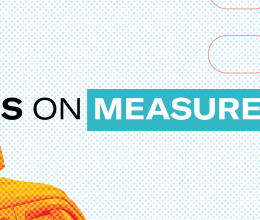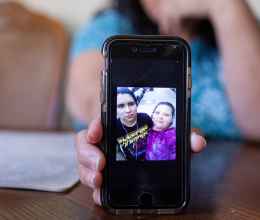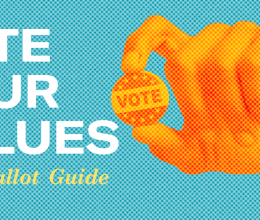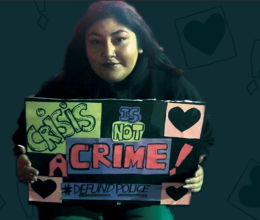
The Rampart scandal hammered home the serious problem of police officers failing to come forward to report crimes committed by their fellow officers. Police officers seldom come forward because they fear retaliation from their co-workers; other officers fear retaliation from the top command. This makes the 'code of silence' possible.
It is therefore astonishing that, just days after the signing of the federal consent decree, members of the Police Commission would propose rules to limit the Inspector General's access to information and to make it more difficult for him to keep confidential the identity of people making complaints. Increasing - not decreasing - civilian oversight is the key to reforming the LAPD.
Through the years the ACLU has represented whistleblowers in police departments, most recently officers who came forward with information about misconduct and racist statements made by police in Riverside. We have seen firsthand that supposedly confidential reports to Internal Affairs are not, in fact confidential. The reporting officer soon finds himself an outcast, suffering reprisals from fellow officers and supervisors alike. Oftentimes, the reprisals are life-threatening; back-up mysteriously fails to arrive in dangerous situations.
This proposal would eviscerate the Inspector General's office. It is absolutely essential that the office be allowed to gather information about misconduct confidentially, and investigate wrongdoing. Of course, if after a thorough investigation disciplinary or criminal charges against an officer are brought, the identity of the witnesses must be made known to ensure the accused's rights of due process.
The ACLU strongly opposes the proposed rules, and urges the Police Commission to reject them.





